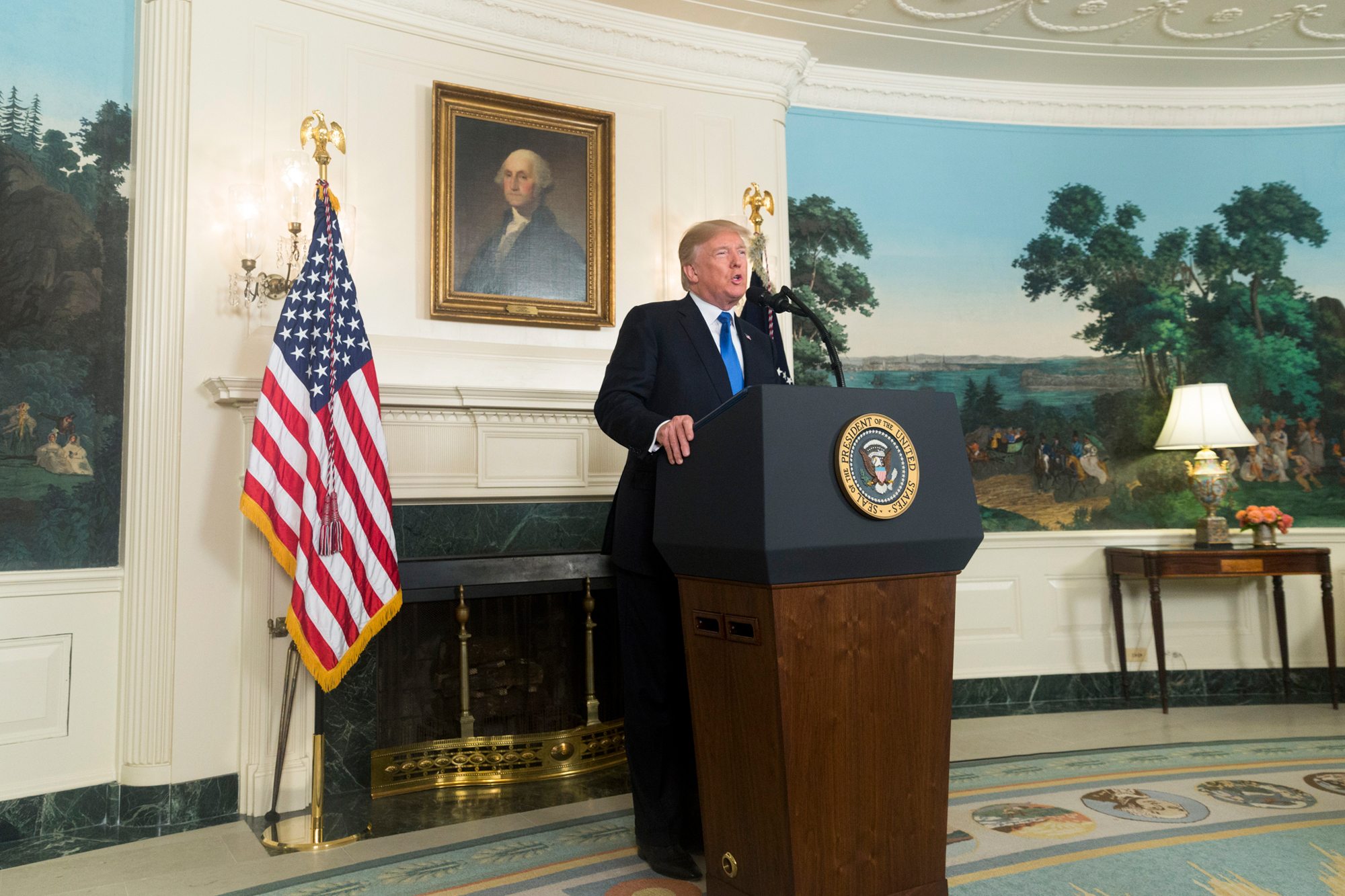Editorial: Words Have Consequences

The smarter way to stay on top of broadcasting and cable industry. Sign up below
You are now subscribed
Your newsletter sign-up was successful
President Donald Trump endlessly berates and targets the press, calling them evil and enemies and suggesting they are in league with his political opponents to undermine, if not overthrow, his presidency.
The president last week provided cover for Saudi Arabia, suggesting it might have been “rogue killers” who dispatched journalist Jamal Khashoggi without the country’s prince or king being in on it.
The president seems to wear a lack of political sophistication like a badge of honor. It is not. And an apparent lack of impulse control can be a dangerous weapon itself in the hands of one of the most powerful people on the planet.
We don’t think Trump wants to do harm to his media critics; he just wants them to shut up. But his words have consequences on the world stage that we are not at all convinced he appreciates.
Some Trump fans have already tried to characterize concerns about how authoritarian regimes view the president’s media-targeting as “fake news” or Democrats looking for midterm issues to flog. But the concern as to whether or not some are leveraging it for political gain is real.
Trump’s attacks on journalists provide cover for reprisals by other countries against their media critics, and their attacks are frequently not confined to tweets or TV interview show threats. Journalists in the U.S. generally suffer at most tongue lashings and selective access from the White House. Those may create a troubling atmosphere where media bullying is condoned from the highest office in the land, but those threats do not translate to state-directed violence.
There are plenty of authoritarian governments where if someone is branded an enemy of the people or a threat to the regime, they have a way of disappearing.
The smarter way to stay on top of broadcasting and cable industry. Sign up below
